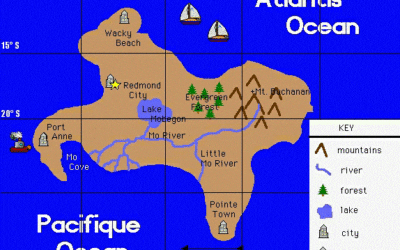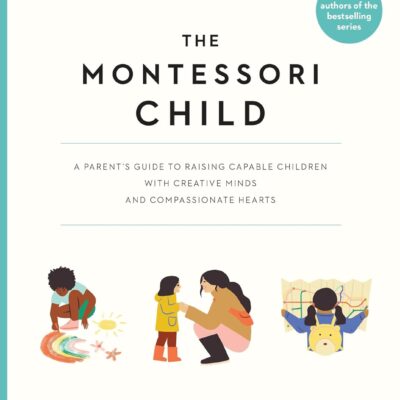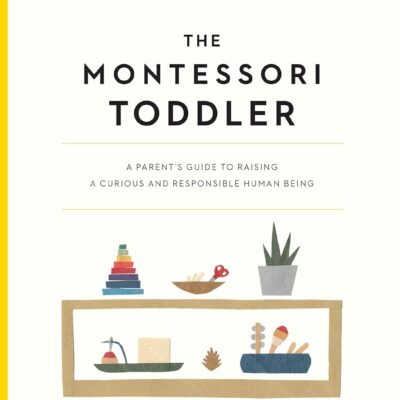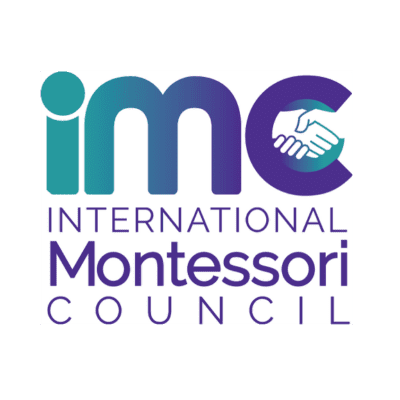As Montessori school leaders and consultants, we are often asked about preferences in Montessori training or organizations.
It’s a common misconception to think of Montessori as being divided into two distinct “tribes,” such as AMI and AMS, each with rigidly defined philosophies.
In reality, Montessori is much broader and more nuanced. In North America, there are numerous Montessori organizations, with AMI, AMS, and IMC being the largest.
For teacher training programs in the U.S., the key credential to look for is accreditation by the Montessori Accreditation Council for Teacher Education (MACTE), which ensures a high standard of quality.
Philosophical and Practical Differences
- AMI (Association Montessori Internationale): Founded by Dr. Montessori herself, AMI emphasizes fidelity to her original principles, practices, and lessons. It tends to adhere closely to Montessori’s core methodologies and may emphasize certain materials or approaches with greater consistency.
- AMS (American Montessori Society): AMS embraces a broader and more inclusive interpretation of Montessori, allowing for differences in implementation and some incorporation of modern educational elements. AMS training often reflects a more diverse set of influences, including greater flexibility for adapting Montessori principles to different contexts.
- IMC (International Montessori Council): IMC generally aligns more closely with AMI in its emphasis on Montessori’s original philosophy but also incorporates a contemporary perspective that supports practical application in a wide range of schools and communities.
That said, all three organizations share more in common than what divides them. They are united by their commitment to fostering respect for children’s natural development and supporting the spiritual transformation of the adult—a cornerstone of the Montessori approach.
Choosing the Right Training Program
When deciding between AMI, AMS, or another MACTE-accredited program, consider the following factors:
- Training Center Rigor: The quality and rigor of individual training centers can vary within any organization. Research the reputation and approach of the specific center you’re considering.
- Budget: Training programs can differ significantly in cost. Make sure the program aligns with your financial resources.
- Personal Learning Style: Some training centers emphasize hands-on practice, while others may focus more on theoretical discussions or group learning. Choose a program that matches your preferred way of learning.
- Long-Term Goals: If you aim to work in a particular type of Montessori school (e.g., AMI-affiliated, AMS-accredited, or independently Montessori), align your training choice with their requirements or preferences.
Hiring and Faculty Development: An Administrative Perspective
From a school administrator’s perspective, the practical challenge often lies in finding and retaining qualified Montessori teachers. Most schools aim to hire the best-trained Montessori educators available. However, the availability of AMI, AMS, or IMC-trained teachers can vary depending on location, budget, and timing.
Many schools also sponsor non-Montessori-trained teachers through a Montessori teacher education program that best fits the school’s needs and the candidate’s availability and learning style.
This approach can result in a faculty with diverse Montessori backgrounds, training experiences, and interpretations of best practices. While this diversity can enrich the school, it also presents challenges in ensuring consistency and coherence across classrooms. Administrators play a critical role in helping teachers find common ground and align on how Montessori principles are implemented throughout the school.
Strategies for Building a Cohesive Faculty
To support a faculty with diverse Montessori training, administrators can take the following steps:
Establish Clear Guidelines for Montessori Best Practices: Create a shared vision and expectations for how Montessori principles are applied in the school. This will ensure consistency while respecting individual teaching styles.
Invest in Professional Development: Provide ongoing training and workshops to deepen teachers’ understanding of Montessori philosophy and methods. These can be opportunities to bridge gaps between different training backgrounds.
Facilitate Collaboration: Encourage faculty collaboration to share ideas, address challenges, and build a cohesive understanding of Montessori best practices. Cross-classroom observations and peer mentoring can be particularly effective.
Emphasize Community and Culture: Help teachers focus on the heart of Montessori—how they connect with children and families and conduct themselves in the presence of children. This shared commitment to the spiritual transformation of the adult can unify a diverse team.
Support Non-Trained Teachers in Training: For teachers in the process of earning their certification, provide mentorship and classroom support to ensure they can immediately begin applying Montessori principles in their work.
Evaluate Montessori Teacher Preparation Program Fit: When sponsoring teachers for training, consider the strengths and needs of the individual and the school. Align the choice of training program with the school’s philosophy, budget, and the teacher’s ability to attend in-person or online sessions.
Ultimately, whether hiring trained teachers or sponsoring new ones, Montessori school administrators must prioritize cultivating a strong, unified culture of Montessori practice. By supporting a diverse faculty to align on shared principles, schools can ensure a consistent and high-quality Montessori experience for all children and families.
The Heart of Montessori
Finally, remember that learning Montessori lessons and philosophy is only part of the journey. Montessori education is fundamentally about how we connect with children and families and how we conduct ourselves in their presence. This is often referred to as the spiritual transformation of the adult—the deep personal growth and humility required to truly guide and nurture children as they explore and discover their world.
Rather than focusing solely on organizational affiliations, look for a training program and community that resonate with your values, inspires you to grow, and prepares you to make a meaningful impact on children and families.
The Montessori Foundation Is Here To Help!
The Montessori Foundation is an international Montessori nonprofit organization that provides school consulting, mentorship, and professional development onsite and online to Montessori schools around the world. We’re here to help.
Info@montessori.org







